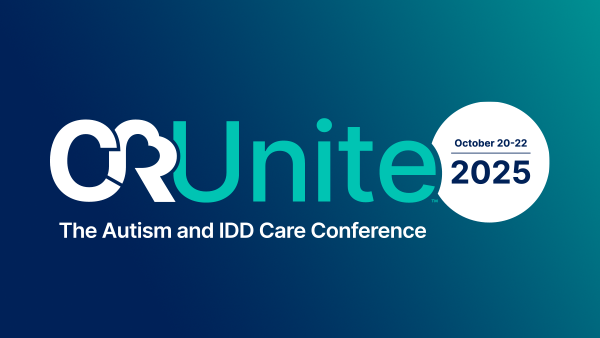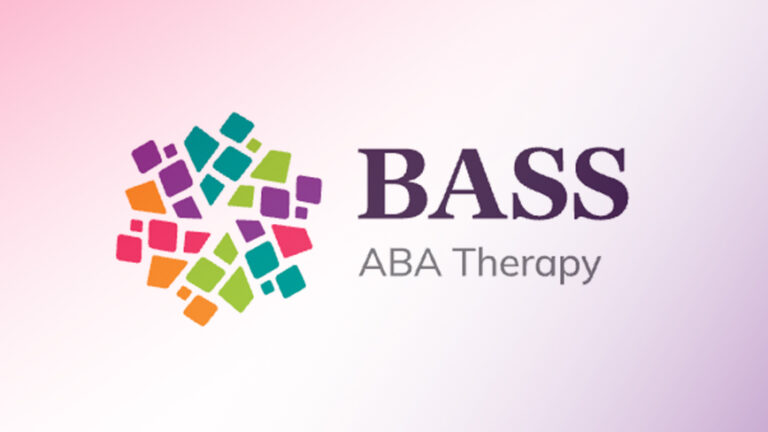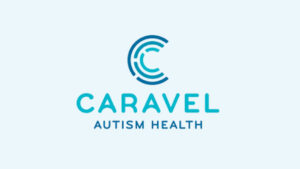As the ABA field evolves, so does the certification requirements for clinicians. To ensure RBT eligibility and maintenance requirements are up to the standards of current practices, the Behavior Analyst Certification Board (BACB) is making a few changes that impact current and future technicians. Beginning January 1st, 2026, the BACB’s new 3rd edition Test Content Outline (TCO), formerly known as Task List, is set to go into effect. These updates will impact training workflows and certification eligibility.
Organizations must be ready to adapt to ensure compliance and avoid delays in certification and credentialing. Here’s a breakdown of the 2026 RBT changes.

40-Hour RBT Training
One of the most significant changes is the update to the task list and the 40-hour RBT training course. RBT training will need to be based on the new 3rd Edition Test Content Outline (TCO). All applicants who apply on or after January 1st, 2026, must have completed a course that covers all requirements outlined in the new RBT curriculum outline. Applying for the RBT exam in 2026 with a training certificate from a 2nd edition course will result in a rejected application.
Initial Competency Assessment
There are minor updates to the initial competency assessment, such as the removal of the “interview” option in the measurement section. There will also be a change to the assistant assessor qualifications. If utilizing an assistant assessor, they must hold an RBT certification or higher. Non-certified assistant assessors will no longer be allowed.
RBT Recertification
In addition to initial eligibility changes, the BACB is also modifying the requirements for certification maintenance. RBTs will complete RBT recertification every two years instead of annually.
A requirement of professional development is also replacing annual competency assessments. RBTs will need to accrue 12 hours of professional develop units (PDUs) per two-year cycle. It’s important to note that all current RBTs will complete one renewal in 2026 with a competency assessment, as in previous years. After that, their two-year cycle will begin, and they can start accruing PDUs.

How to Prepare for the 2026 Certification Changes
With 2026 right around the corner, ABA practices must start preparing now for these changes. There isn’t a grace period for new RBT candidates, so it’s important to ensure that any technicians who will apply for the exam in 2026 are completing a BACB-compliant course that meets the new requirements.
To ensure a smooth transition, organizations should:
- Switch to a compliant training course: Plan ahead to phase out 2nd edition training content and prepare to onboard staff using a training course that reflects the new 3rd edition curriculum. We recommend making the switch by November 2025 to ensure your team is fully prepared before the 2026 changes take effect, which will help avoid delays in credentialing and disruptions to onboarding.
- Train your team on the changes: Ensure your clinical and administrative teams are fully informed about the upcoming changes, including certification eligibility, assessor qualifications, and recertification requirements. Prepare now for updates to training, onboarding, and competency workflows.
- Prepare for RBT professional development requirements: Begin identifying quality professional development options to support your RBTs in meeting the new CE requirement.
Risks of Failing to Prepare
Failing to proactively prepare for the 2026 RBT changes can expose your practice to risks, impacting BACB compliance, payor relationships, and overall service delivery. Here’s what’s at stake:
- Invalid Credentials: Training certificates issued based on a 2nd edition course will be deemed invalid come January 1st, 2026. Candidates who apply for certification in 2026 with a certificate from outdated 40-hour training courses will be ineligible for RBT certification
- Delayed Onboarding: If organizations don’t update their 40-hour RBT training course offerings, candidates will need to retake the training, leading to considerable delays in onboarding new staff
- Increased Training Costs: If your team doesn’t begin switching the training course in advance, you may have to put your RBT candidates through multiple courses, which will increase your training costs and impact your bottom line
- Service Disruptions: Delays in onboarding staff can leave clients without medically necessary care.
Re-doing training = lost time, added expenses, and slower service delivery.
- Compliance Violations: Noncompliance with updated standards will result in denied certificates and delayed credentialing
- Increased Admin Burden: Scrambling to update training content, fix certification issues, or manually track changing requirements can overwhelm administrative teams and lead to costly mistakes
- Damage to Reputation and Trust: Reputation is hard-won and easily lost when training fails to deliver. Relying on outdated training and insufficient standards may result in a hit to your organization’s reputation

CR Institute Is Ready for the 2026 RBT Changes
CentralReach is actively preparing for the upcoming RBT changes. We’re handling the transition logistics, so your team can stay focused on smooth onboarding for quality care without the burden of troubleshooting.
CR Institute’s new RBT 40-hour training course, aligned with the 3rd Edition TCO, launches in November 2025, giving organizations over two months to begin transitioning staff ahead of the January deadline. Early access = fewer disruptions, smoother transitions, and full compliance come 2026.
Switching your organization to a new RBT course isn’t just about the content. It’s about timing, clarity, and ease of implementation. That’s why we’re simplifying the transition by providing:
- Platform updates and clear transition guidance: We’ll provide step-by-step instructions within the platform to help you move staff from the 2nd to the 3rd Edition course with confidence and clarity.
- Version labeling on certificates: Every course certificate will indicate which Task List edition it aligns with, helping you track eligibility and ensure compliance.
- Automated content archiving: The CR Institute team will archive the 2nd Edition course and ensure the new 3rd Edition course is accessible and ready to use by November 2025.
- BACB ID integration on certificates: To meet new BACB requirements, we’ve already built a field for learners to enter their BACB ID number.
- Continuing Education for RBTs: We'll release RBT CEs so that organizations can build this into their training programs and set up their RBTs for success.
Proven RBT Training, Trusted by ABA Practices Nationwide
We’re not new to RBT training, and we’ve got the numbers to prove it.
- 20,000+ learners trained through our 40-hour RBT course
- 81.9% pass rate in 2024 alone among 11,124 first-time test takers, according to the BACB, with over 9,000 learners passing during their first attempt.
Organizations across the country trust CentralReach to prepare their teams for success. Our new 40-hour RBT training, launching in November 2025, is fully aligned with the 3rd Edition TCO. With early access, built-in administrative support, and a proven curriculum, CR Institute makes it easy to transition with confidence.
*81.9% pass rate in 2024 alone among 11,124 first-time test takers, according to the BACB, with over 9,000 learners passing during their first attempt.
Organizations across the country trust CentralReach to prepare their teams for success. Our new 40-hour RBT training, launching in November 2025, is fully aligned with the 3rd Edition TCO. With early access, built-in administrative support, and a proven curriculum, CR Institute makes it easy to transition with confidence.
Get Ahead of the 2026 RBT Credential Changes
Join our webinar to learn more about what's changing and how to transition smoothly so your team stays focused on onboarding, outcomes, and quality care.
Posted in Clinical, Practice Management
You may also like...
Related information and stories
At Caravel Autism Health: CR Mobile Redefines Field Data Collection + Powers Confident RBTs & Quality Care
When Caravel Autism Health set out to modernize its session documentation process, the goal was clear: make data capture seamless, improve conversion timeliness, and eliminate inefficiencies that hindered clinical and…
Continue ReadingHow RBT Empowerment Drives Organizational Growth & Helps Behavior Technicians at Beyond Autism Services
Increase in Quality of Care and Enhanced Interdisciplinary Collaboration In a field with high rates of burnout and turnover, Beyond Autism Services places a unique emphasis on training, developing, and…
Continue ReadingHow Long Does it Take to Get RBT Certification?
If you are drawn to the field of Applied Behavior Analysis (ABA), becoming a Registered Behavior Technician (RBT) might be the perfect starting point. This role is filled with opportunities…
Continue Reading






